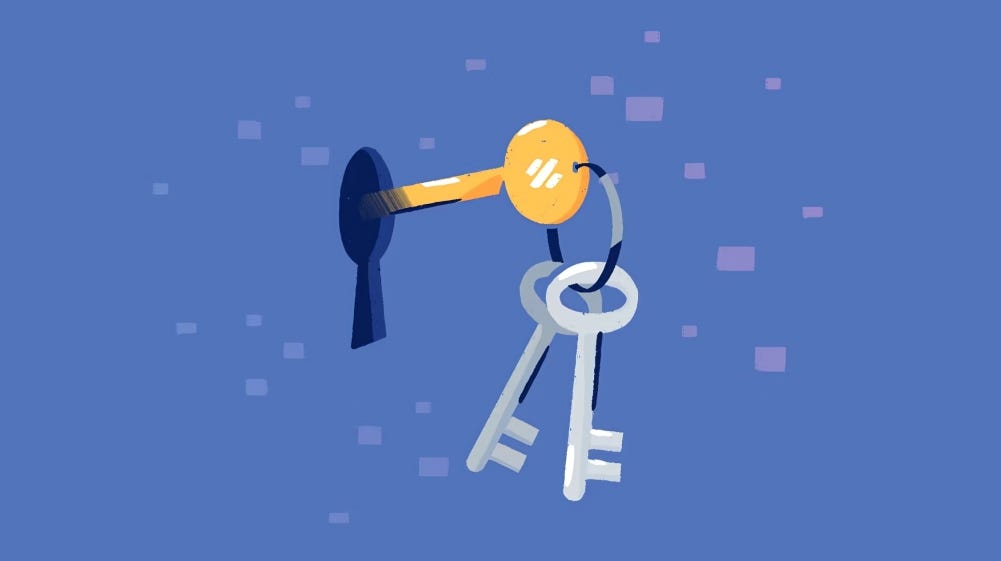BOOK THIS SPACE FOR AD
ARTICLE ADBug bounty hunting, the practice of finding and reporting security vulnerabilities in software and websites, has become a popular and potentially lucrative activity for many hackers. While bug bounty hunting can be a rewarding and challenging pursuit, it can also take a toll on a hacker’s mental health.
The pressure to find and report bugs, combined with the constantly evolving nature of technology and the potential for rejection or criticism from companies, can create a high-stress environment for bug bounty hunters. This stress can manifest in a variety of ways, including anxiety, depression, and burnout.
One study, published in the International Journal of Environmental Research and Public Health, found that “hackers who engage in bug bounty hunting are more likely to experience negative mental health outcomes, including symptoms of depression and anxiety, than those who do not engage in bug bounty hunting.” The study surveyed nearly 300 hackers and found that “bug bounty hunters had significantly higher levels of depression, anxiety, and stress, as well as lower levels of life satisfaction and happiness, than those who did not engage in bug bounty hunting.”
The high-stress environment of bug bounty hunting can also lead to burnout, a state of physical, emotional, and mental exhaustion. Burnout can result in a lack of motivation, reduced productivity, and a negative attitude towards work. In severe cases, burnout can lead to depression and other serious mental health issues.
One hacker, who asked to remain anonymous, described their experience with burnout in an interview with Wired magazine: “I’d spend all day, every day, hunting for bugs. I’d go to bed exhausted and wake up to start again. It was like being on a never-ending roller coaster. I loved the thrill of the hunt, but eventually, it started to take its toll. I became irritable and depressed. I didn’t want to do anything except find more bugs.”
The nature of bug bounty hunting, which often involves working independently and remotely, can also contribute to feelings of isolation and loneliness. This isolation can exacerbate existing mental health issues and make it more difficult for bug bounty hunters to seek support and treatment.
Despite the potential negative effects on mental health, many bug bounty hunters continue to engage in this work. The rewards, both financial and personal, can be significant. Many bug bounty hunters enjoy the intellectual challenge of finding and reporting bugs, and the sense of accomplishment and recognition that comes with it.
However, it is important for bug bounty hunters to be aware of the potential risks to their mental health and to take steps to mitigate those risks. This can include setting boundaries and limits on the amount of time spent on bug bounty hunting, seeking support from peers and mental health professionals, and practicing self-care to reduce stress and prevent burnout.
In conclusion, bug bounty hunting can be a rewarding and challenging pursuit, but it can also have negative effects on a hacker’s mental health. The high-stress environment and potential for isolation can lead to anxiety, depression, and burnout. It is important for bug bounty hunters to be aware of these potential risks and to take steps to mitigate them in order to maintain their mental health and well-being.
.png)
 1 year ago
100
1 year ago
100 














 Bengali (Bangladesh) ·
Bengali (Bangladesh) ·  English (United States) ·
English (United States) ·